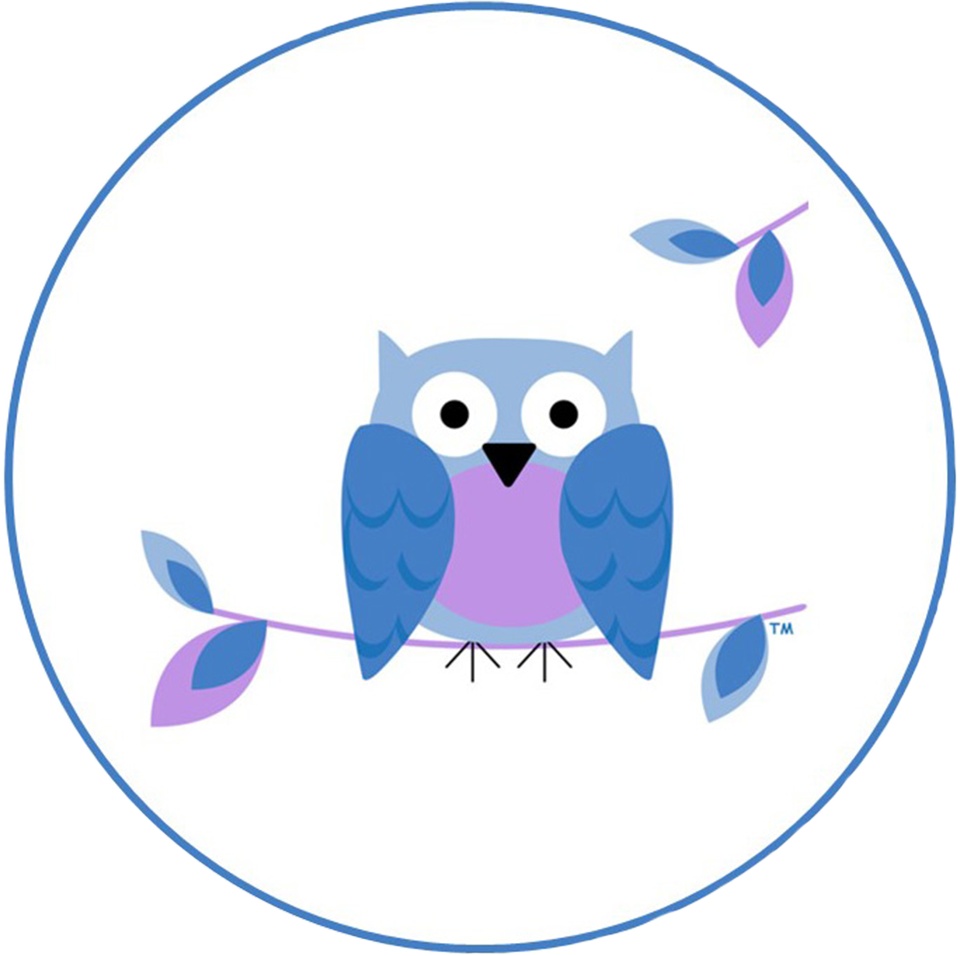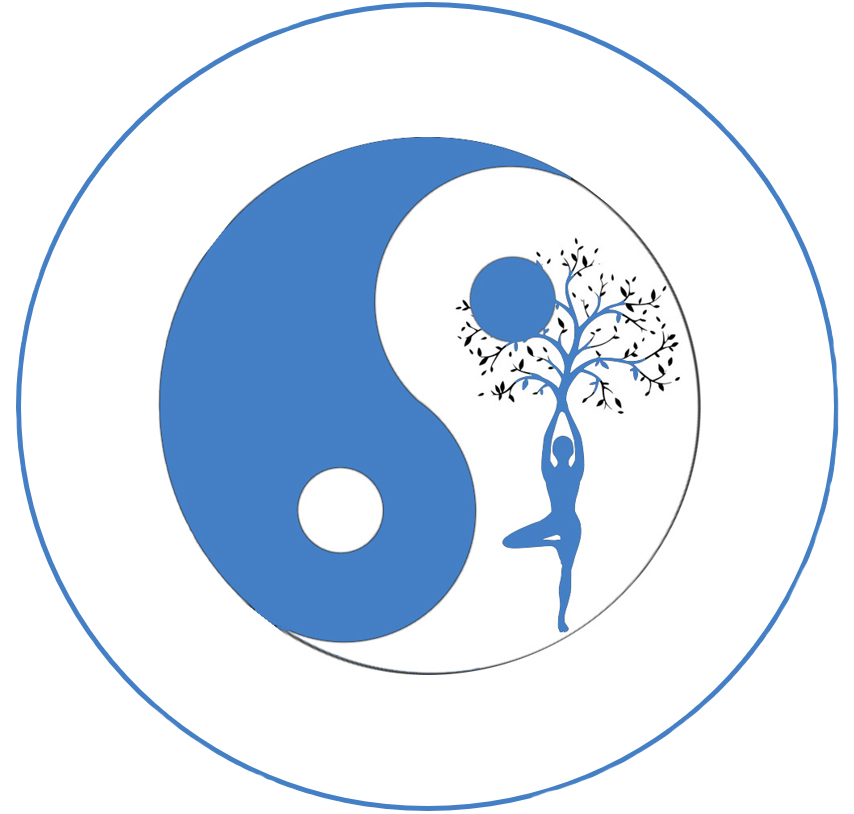Change Your Life Today
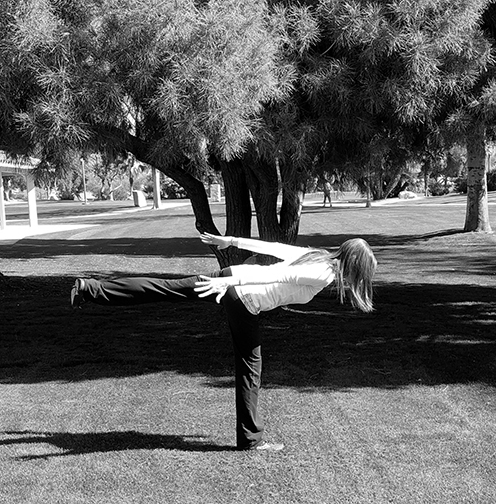
To learn more we welcome you to read our Frequently Asked Questions, contact us, or stop by and say hello and speak at one of our many classes or programs.
A gentle form of exercise developed from an ancient Chinese martial art used in maintaining and enhancing health and well-being as well as preventing, treating and rehabilitation of a wide range of health issues.
Whether you're new to the mat or an experienced yogi, join us for yoga that provides incredible mind and body benefits, builds strength, restores flexibility and helps to de-stress both the body and the mind. Yoga classes are structured for any fitness level and ability and can be done with or without a chair.Aromatherapy is a holistic healing treatment that uses natural plant, flower and stem extracts to promote health and well-being. Sometimes know as essential oil therapy, aromatherapy uses aromatic essential oils medicinally to improve the health of your body, mind and spirit and is both an art and science.
Breath work is taking a pause from the business of life. Not only to connect to your inner self but to the universe around you. Breath work has many forms. It can be a time to recharge, find balance, or clear and enhance your mind, body and spirit.
Get moving and have fun with this gentle class that
uses light weights and movement to increase strength,
keep joints mobile and increase flexibility. This Class
can be done with or without a chair.
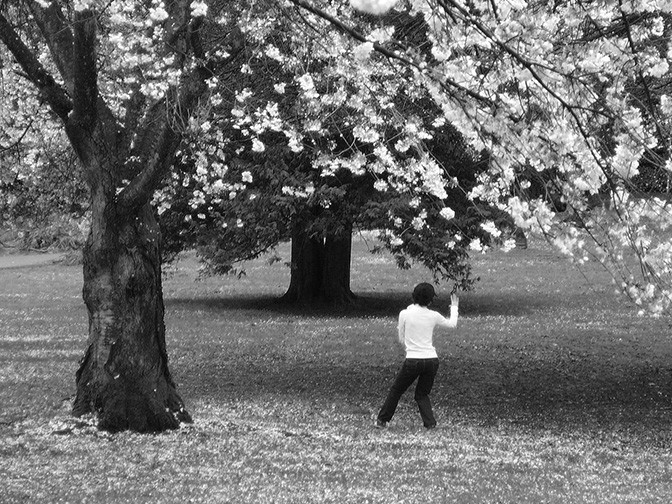
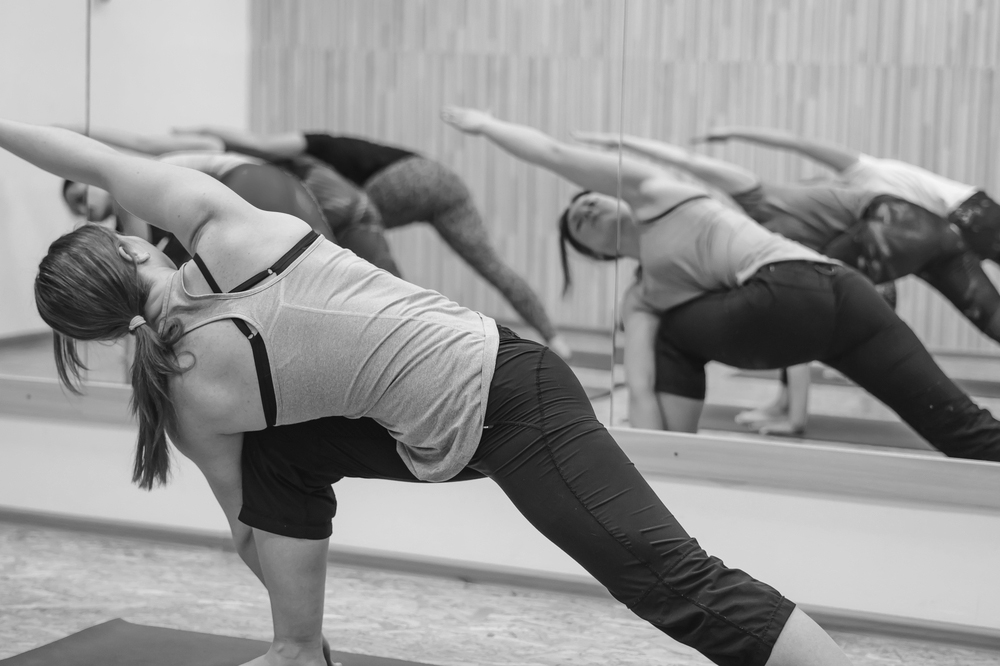
Frequently Asked Questions
Below are some of our frequently asked questions. Let us know if you have a question.
W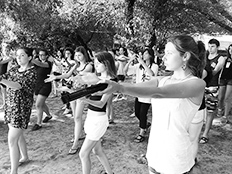 hat
is Tai Chi?
hat
is Tai Chi?
Tai Chi, pronounced (TIE-CHEE) and (written as T'ai Chi,
Taiji, Tai Chi Chuan) is a slow-motion, low-impact,
weight-bearing, and aerobic, yet relaxing exercise. It
began as a martial art in China. Tai Chi has gained
enormous popularity in America and throughout the rest
of the world for its health benefits for body and mind.
As it developed, it took on the purpose of enhancing physical and mental health. Practiced in a variety of styles, tai chi involves slow, gentle movements, deep breathing, and meditation. It is sometimes called "Moving Meditation." or “Medicine in Motion.”
Is Tai Chi a health exercise or a martial art?
It is both. It is often practice for health but the defensive abilities contained in both the movement and overall practices are real.Who can do Tai Chi?
Tai chi is low impact and puts minimal stress on muscles and joints, making it generally safe for all ages and fitness levels. You may also find tai chi appealing because it's inexpensive, requires no special equipment and can be done indoors or out, either alone or in a group.What if I have health problems or disabilities?
Properly taught and practiced, Tai Chi can be safely and productively performed by anyone. The movements and postures of the Tai Chi form are meant to be done at the capacity of each person, adapted to their current condition. It is always a good idea to check with your doctor before starting any physical exercise. It is also a good idea to let your instructor know of any disability or conditions you may have that may restrict your ability.What are the benefits of Tai Chi?
There are many studies that show that Tai Chi has many benefits which can include: stress reduction, improved circulation, the lessening of arthritic and other pain, an increase in flexibility, lowered blood pressure, and improved balance. We are not in the medical profession so we cannot make any specific claims but instead, we invite you to learn more at the amazing studies and their findings: Tai Chi Benefits.How often and how much should I practice Tai Chi?
This simply depends on your objective and physical condition. For older adults and people with chronic conditions it is better to gradually build up the length and number of practice sessions, aiming for about 30-60 minutes for most days. A simple indication of how long your first practice sessions should be is the length of time you can walk comfortably at a steady pace. Remember five minutes a day is better than none, several five minutes sessions during your day can be a great start.For advanced practitioners one to two hours of dedicated practice for most days would be appropriate. You can also put tai chi practice into your daily life, for example, walking the tai chi way, standing with tai chi posture, doing breath work or thinking with serenity.
What is T’ien (dan-tian/tantien)?
T’ien or (dan-tian/ tantien) is known as the "sea of qi", or simply "energy center" Your T’ien is 1 1/3 inches below your navel and is considered to be the foundation of rooted standing, breathing, and body awareness. T’ien is particularly important as the focal point of breathing technique as well as the center of balance and gravity.What should I wear for Tai Chi?
To practice you need to be able to move comfortably. It is best to wear loose fitting clothes and flat soled shoes that are not too tight.Do I need any special equipment for Tai Chi?
You do not need any special equipment for Tai Chi. Once you learn, you can do it anywhere; with a group or by yourself.
What is Meditation?
Meditation has many forms; in essence, it is a period of time when you are quiet. Any activity that involves tuning out your focus of the world around creating a shift towards your ‘inner self’ is meditative.It can be a time to re-charge, find balance, clear and enhance your mind, body and spirit. The practice can bring not only physical benefits, but psychological, emotional and spiritual benefits as well.What are the different meditation techniques?
Meditation is taking a pause from the business of life. Not only to connect to your inner self but to the universe around you. There are many forms of meditation, some include mindfulness meditation, guided visualization meditation, guided meditation, breath work meditations, mantras, music enhanced meditation, and movement based meditation. Many different traditions utilize one or several of these forms into their practice.Which meditation technique is right for me?
There is no "right" meditation technique for everybody. Some techniques work better for certain people while other techniques work better for other people. It is important to find what works for you.What is Yoga?
Yoga develops inner awareness. It focuses your attention on your body's abilities at the present moment. It helps develop breath and strength of mind and body.
Can I do yoga if I’m not flexible?
Yoga will help you become more present and less stressed, which in turn will help your body relax and overtime help you deepen into each pose, improving your flexibility.
How is yoga different from stretching or other kinds of fitness?
Unlike stretching or fitness, yoga is more than just physical postures. Even within the physical practice, yoga is unique because we connect the movement of the body and your mind to the rhythm of our breath.
How many times a week should I practice?
Aim to practice a couple times a week on average and you can work your way up. Be careful, don’t overdo it. Muscle tissues need rest days and time to regenerate.
When is the best time to practice?
Any time can be great for practice, as long as it’s the same time, and every day. Long answer. The best time of day is the time that is most reliable for you and your schedule. This is whatever time that you can practice the most consistently. This will depend entirely on your lifestyle.
